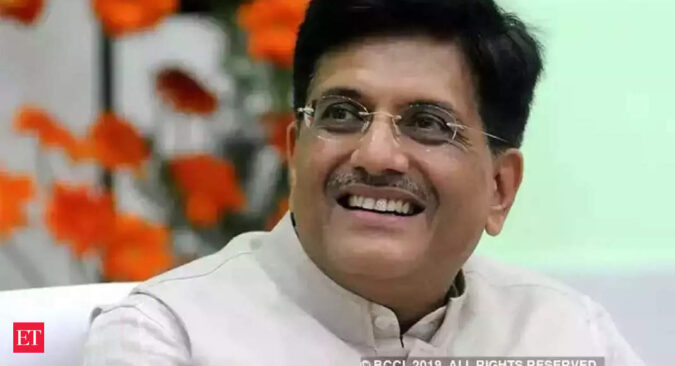The mechanism will kick in from
October 1 this year, when non-EU steel producers must report direct and indirect emissions. Domestic companies from seven carbon-intensive sectors including steel, cement, fertiliser, aluminium and hydrocarbon products would have to seek compliance certificates from the EU authorities to comply with the CBAM norms.
From January 2026, EU importers would have to declare and purchase CBAM certificates to cover the emissions associated with producing imported steel products. The new mechanism will translate into a 20-35% tax on select imports into the EU from January 1, 2026.
“On the issue of CBAM, Goyal informed that further study needs to be undertaken as to how this could impact enterprises on both sides, impact on trade and the effect on consumers due to increased price of goods and services,” the commerce and industry ministry said in a statement, quoting Goyal.
Goyal held a bilateral meeting with the European Commissioner for Internal Trade, Thierry Breton on the sidelines of the first Ministerial meeting of India EU Trade and Technology Council in Brussels.
“Breton informed that EU is working on new Digital Services Act to which Goyal said that both sides can collaborate further given India’s status as an IT giant,” the ministry said.
Goyal further informed that India has the world’s third largest startup ecosystem and has included B20 track in G20 meetings which provides for greater engagements in digital space and other areas.
